Genetic biodiversity is the fuel that drives crop improvement. However, in major cereal crops, while the traditional method of crop improvement has brought significant yield improvements over time, it has also resulted in a drastic loss of crop genetic biodiversity.
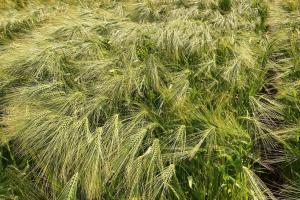

Achieving food security has gained prominence in the present policy agenda to increase resilience to adverse events. Using a novel method, we estimated the food balance sheets of Scotland, and assessed the self-sufficiency of major food commodities for the first time.
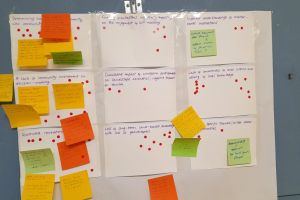
Spurred in part by Scottish government policies such as the commitment to reach Net Zero by 2045, there has been an increase in investment in land for natural capital purposes in Scotland.

Agriculture faces many challenges, including a warming climate, more frequent occurrence of extreme climate events and increased incidence and severity of crop diseases.

Toxoplasma gondii is a parasite that impacts human and animal health worldwide. Infection in humans is usually very mild, however, there can be severe or life-threatening disease in immune compromised people or pregnant women.
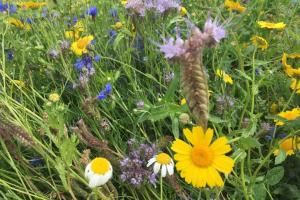
Biodiversity is the variety of life on earth and is important to most aspects of our lives.
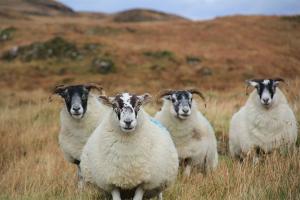
The bacterial pathogen Chlamydia abortus is responsible for causing the disease ovine enzootic abortion (OEA), also known as enzootic abortion of ewes (EAE).
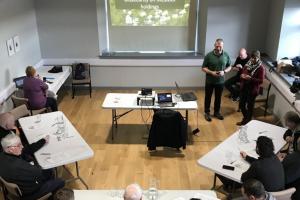
Roundworms and sheep scab mites are common throughout the UK and threaten the health, welfare and productivity of grazing livestock.
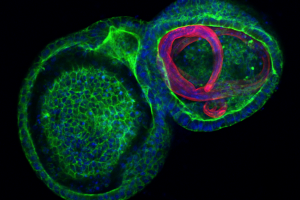
Infectious diseases have a major impact on the welfare and productivity of animals raised for food production worldwide. Furthermore, poor productivity leads to increased carbon emissions, and the drugs used to control infections can harm the environment and reduce biodiversity.

There is significant food insecurity in Scotland and to tackle it, the Scottish Government has published Cash-First.
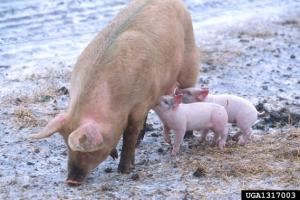
Scotland’s pork sector is under financial pressure. One way to address this could be to increase the value added to Scottish pork. This case study, which focusses on a Scottish pork producer, provides insights into an enterprise serving the high value pork products market and the challenges it faces.
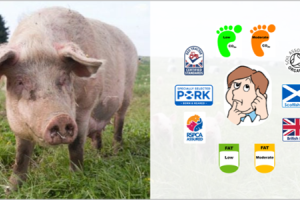
Scotland’s pork sector is under financial pressure. One way to address this could be to increase the value added to Scottish pork. However, that is only viable if there is a retail market for value-added Scottish pork products.
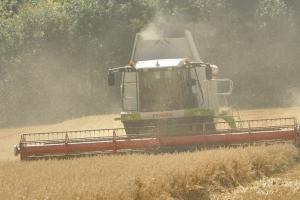
Mycotoxins are naturally occurring toxins produced by fungal infection of agricultural crops. Several hundred mycotoxins have been characterized in a wide range of food crops around the world, and new mycotoxins and mycotoxin metabolites are continuously discovered.
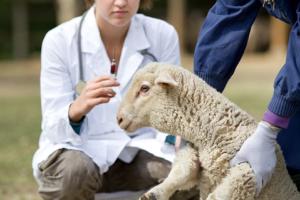
Microbes (e.g., bacteria, viruses, parasites and fungi) can become resistant to clinical or veterinary drugs (antimicrobials) that are used to treat disease. This has major consequences for how microbial diseases are managed and, therefore, how antimicrobial compounds should be used.
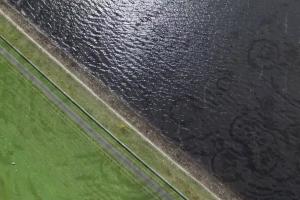
Pharmaceutical pollution in the environment has recently been receiving a lot of attention. Medicines enter wastewater streams and even after treatment, some end up in surface water. Scotland's One Health Breakthrough Partnership aims to reduce pharmaceutical concentrations in the environment.
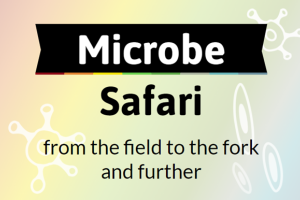
Microbes play a wide variety of essential roles in keeping our guts healthy and in supporting food and agriculture production. Conversely, some microbial populations can cause serious disease, as foodborne pathogens or infectious agents of food-producing animals and crops.
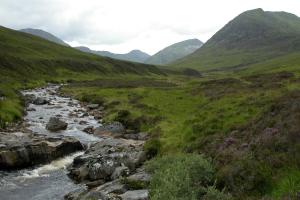
Plant pests and pathogens can have a devastating impact not only on plant hosts but also the wider biodiversity that use the infected plant (e.g., for food, breeding and shelter).
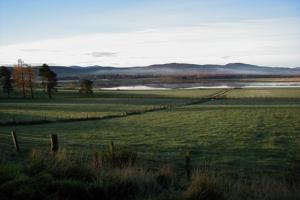
The Tarland Burn Catchment (~70 km2) has been studied since the year 2000 making it one of the longest running comprehensive catchment management case studies in the UK.
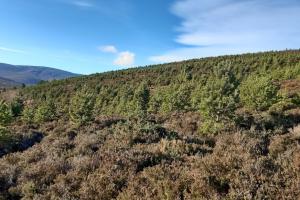
Increasingly trees are being promoted as a means to increase carbon storage and hence off-set climate change.
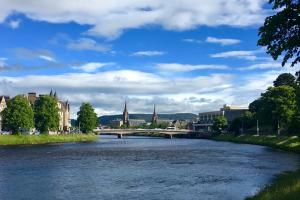
In 2020, researchers and practitioners collaborated to better understand how inclusive growth can be conceptualised and measured across a large, diverse and predominantly rural region in the north and west of Scotland.